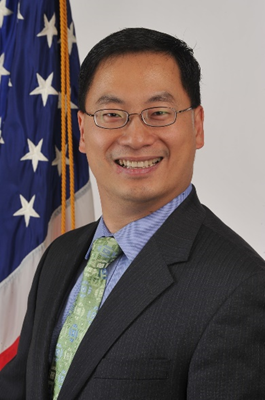Abstract
Current strategies consist of a three-pronged approach for enhancing drug development for treating various diseases. These three approaches consist of: (1) artificial intelligence (AI)/machine learning; (2) technical development in molecular imaging for non-invasive biomarker detection with various diagnostic methodologies; and (3) examples of various therapeutics for potential perturbations of disease progression. For AI/machine learning, molecular interactions with various signal transduction pathways have been examined to build a global network with 2+ million interactions. With various maps, one could visualize the normal biological process as well as variations caused by diseases. For technical development in molecular imaging, optical (fluorescent and bioluminescent imaging), magnetic resonance imaging (MRI), and dual energy x-ray imaging have provided valuable biomarkers contributing to insights for the disease progression processes. These non-invasive biomarkers could also be monitored for potential disease regression following various treatment strategies. Finally in the therapeutic efficacy for potential perturbations of disease progression, tremendous effort is put forth to examine attenuation or reversibility of disease processes. Combining this three pronged approaches provides a good continuum for therapeutic development.
Tom C.-C. Hu, PhD
Department of Pediatrics
University of Colorado School of Medicine

Tom C.-C. Hu, PhD
Dr. Hu is an Associate Professor in the Division of Pulmonary and Sleep Medicine, Department of Pediatrics, University of Colorado School of Medicine. Dr. Hu joined the University of Colorado in 2023 after 14 years of federal services as a Project Officer in the Division of Chemical, Biological, Radiological, and Nuclear (CBRN) Countermeasures at the Biomedical Advancement Research and Development Authority (BARDA), U.S. Department of Health and Human Services (HHS). Dr. Hu is interested in establishing non-invasive biomarkers with various imaging methodologies following inhalation injuries.
Dr. Hu received a bachelor’s degree in chemistry, Magna Cum Laude, with an emphasis in Biology from the University of Pittsburgh in 1996. Dr. Hu went on to earn his M.S. and Ph.D. in Chemistry from Carnegie Mellon University in 1999 and 2001, respectively. Following his doctoral work, Dr. Hu moved to the National Institutes of Health as an Intramural Research Training Award (IRTA) Fellow. He subsequently went on to GlaxoSmithKline PLC as a Principal Scientist. During this period, he also completed an MBA at Villanova University. Dr. Hu then established the Small Animal Imaging Program at the Medical College of Georgia. During his most recent position as a Project Officer for the past 14+ years, Dr. Hu was responsible for oversight of technical progress for the Division of Chemical, Biological, Radiological, and Nuclear (CBRN) Countermeasures. He has managed more than 20+ company contracts for the Federal Government, developing medical countermeasures in the Chemical, Radiological/Nuclear, Biodosimetry, and Thermal Burn areas, with total contractual values over $186+ million. Currently, he serves as an associate editor and ad hoc reviewer for more than 20 peer-reviewed journals, has published 30 peer-reviewed articles and made presentations at over 60 national and international conferences. He has also chaired several meeting sessions at various scientific conferences. Dr. Hu has 5 U.S. patents and has been certified as a Diplomate by the American Board of Medical Physics in Magnetic Resonance Imaging Physics.
